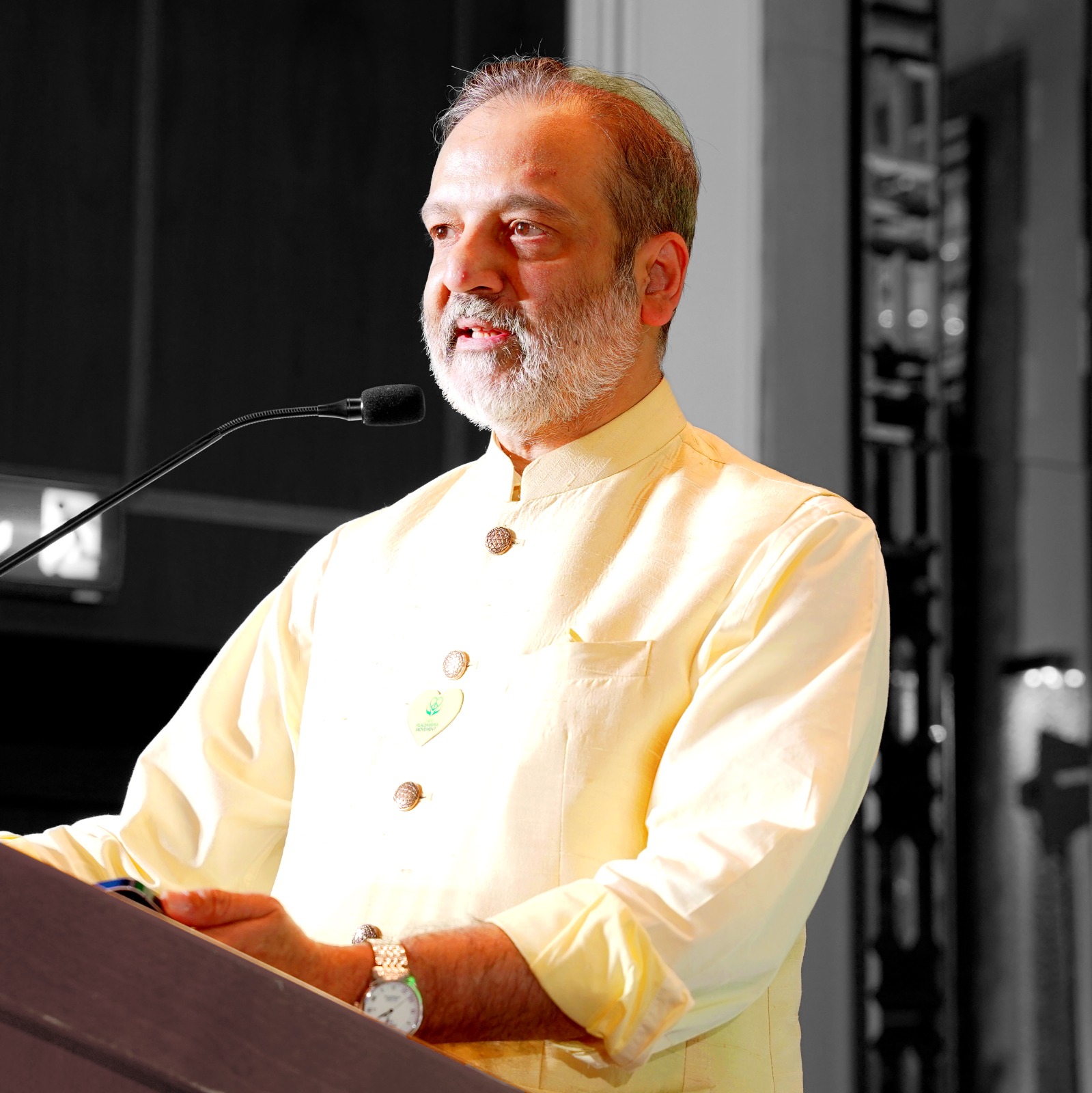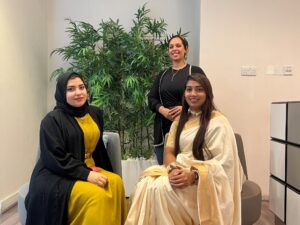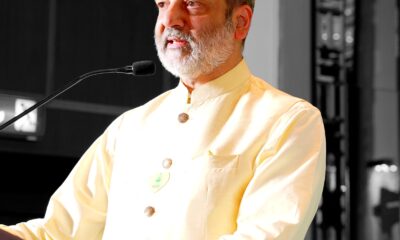Central Bank of the UAE has reassured residents and businesses that the country’s financial system remains strong, stable and fully operational despite rising geopolitical tensions across the region.
The regulator said banks, financial institutions and insurance companies across the UAE continue to operate normally, delivering services to customers without disruption.
Khaled Mohamed Balama said the sector remains resilient and well-positioned to navigate evolving regional developments.
“The UAE’s banking and financial sector continues to demonstrate the highest levels of resilience and stability,” he said.
Strong foundations of the financial sector
According to the central bank, the sector is built on strong governance frameworks, diversified institutions and proactive risk management systems designed to respond quickly to regional and global economic shifts.
Balama noted that the regulator has played a key role in strengthening the country’s financial stability and global reputation.
Strong capital and liquidity buffers
Financial indicators show that the UAE banking sector is entering the current period of regional uncertainty from a position of strength.
- Capital adequacy ratio: around 17%
- Liquidity Coverage Ratio: above 146.6%
Both indicators remain well above international regulatory requirements, reflecting strong financial buffers across the sector.
Total assets in the UAE banking system have also grown significantly, exceeding Dh5.42 trillion, highlighting the scale and stability of financial institutions operating in the country.
These strong capital and liquidity levels help banks absorb economic shocks and maintain lending activity even during periods of uncertainty.
The Central Bank also confirmed that banking infrastructure, digital platforms and payment networks continue to operate smoothly across the country.
“I reaffirm that the UAE’s banking systems, payment systems and national financial infrastructure continue to operate with full efficiency and stability,” Balama said.
Continuous monitoring and preparedness
Authorities said the financial sector remains under close monitoring, with ongoing coordination between the central bank, financial institutions and government entities.
Banks in the UAE operate under regulatory frameworks that require continuous risk monitoring, stress testing and business continuity planning aligned with international best practices.
The Central Bank said it maintains a wide range of monetary and prudential policy tools to support financial stability when needed.
Balama reaffirmed the regulator’s commitment to safeguarding the sector’s stability and supporting the UAE’s long-term economic growth.
“I reaffirm the Central Bank of the UAE’s unwavering commitment to closely monitor developments, maintain full operational readiness and provide the necessary support to safeguard the achievements realised over more than five decades of progress and prosperity,” he said.

























